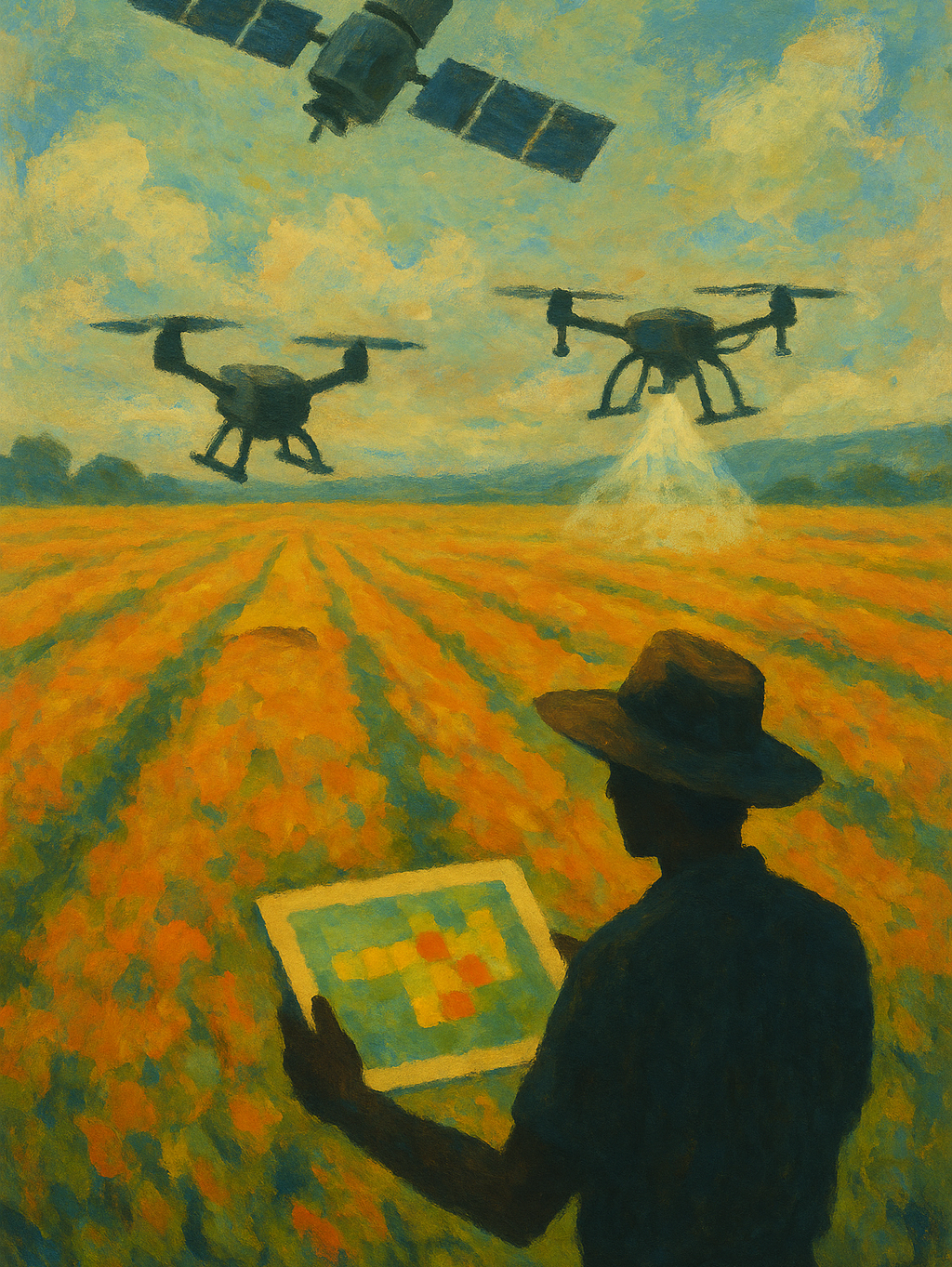TL;DR (Too Long; Didn’t Read):
Drone technology is rapidly transforming logistics across Africa, with proven success in healthcare, agriculture, and national infrastructure. Rwanda's Zipline network has delivered over 500,000 medical packages, slashing delivery times to remote clinics by 80% and saving countless lives. In Kenya, drones have improved crop surveillance efficiency by 50%+, reducing pesticide use and boosting yields. Nigeria’s national rollout of drone-based pharmaceutical delivery in March 2025 marks a bold step toward institutionalizing drones as core health infrastructure. With strong ROI across sectors—faster service, lower costs, and higher efficiency—drones are no longer a novelty. They're Africa’s next generation logistics backbone.
🔑 Key Points from the Research Paper:
Rwanda's Zipline Network:
- Over 500,000 medical deliveries completed.
- 80%+ reduction in delivery times to rural clinics.
- Supplies 75% of the country’s rural blood needs.
- Contributed to 88% drop in maternal death from postpartum bleeding.
Kenya’s Agricultural Drones:
- 50%+ increase in crop surveillance efficiency.
- 30–40% reduction in pesticide use via precision spraying.
- 85% decrease in spraying time on large farms.
- Drones now widely adopted by both large farms and smallholders.
Nigeria’s National Drone Launch (March 2025):
- Government-backed nationwide rollout for medical deliveries.
- Based on successful regional pilots (1M+ vaccines delivered previously).
- Aims to cut maternal deaths and delivery delays across states.
Drones as Essential Infrastructure:
- Moving from pilot projects to countrywide logistics systems.
- Governments in Rwanda, Nigeria, Ghana, etc., formally integrating drones into public service delivery.
- Backed by policies, training centers, and local job creation.
Return on Investment (ROI):
- Healthcare: Lives saved, stock-out reductions, lower inventory waste.
- Agriculture: Higher yields, lower chemical costs, faster fieldwork.
- E-commerce: Faster rural deliveries, potential new customer segments.
- Disaster Relief: Critical aid access during floods, pandemics, or infrastructure collapse.
Wider Economic & Social Impact:
- Job creation in STEM and logistics.
- Strengthening digital infrastructure and resilience.
- Helping Africa leapfrog traditional infrastructure bottlenecks.









